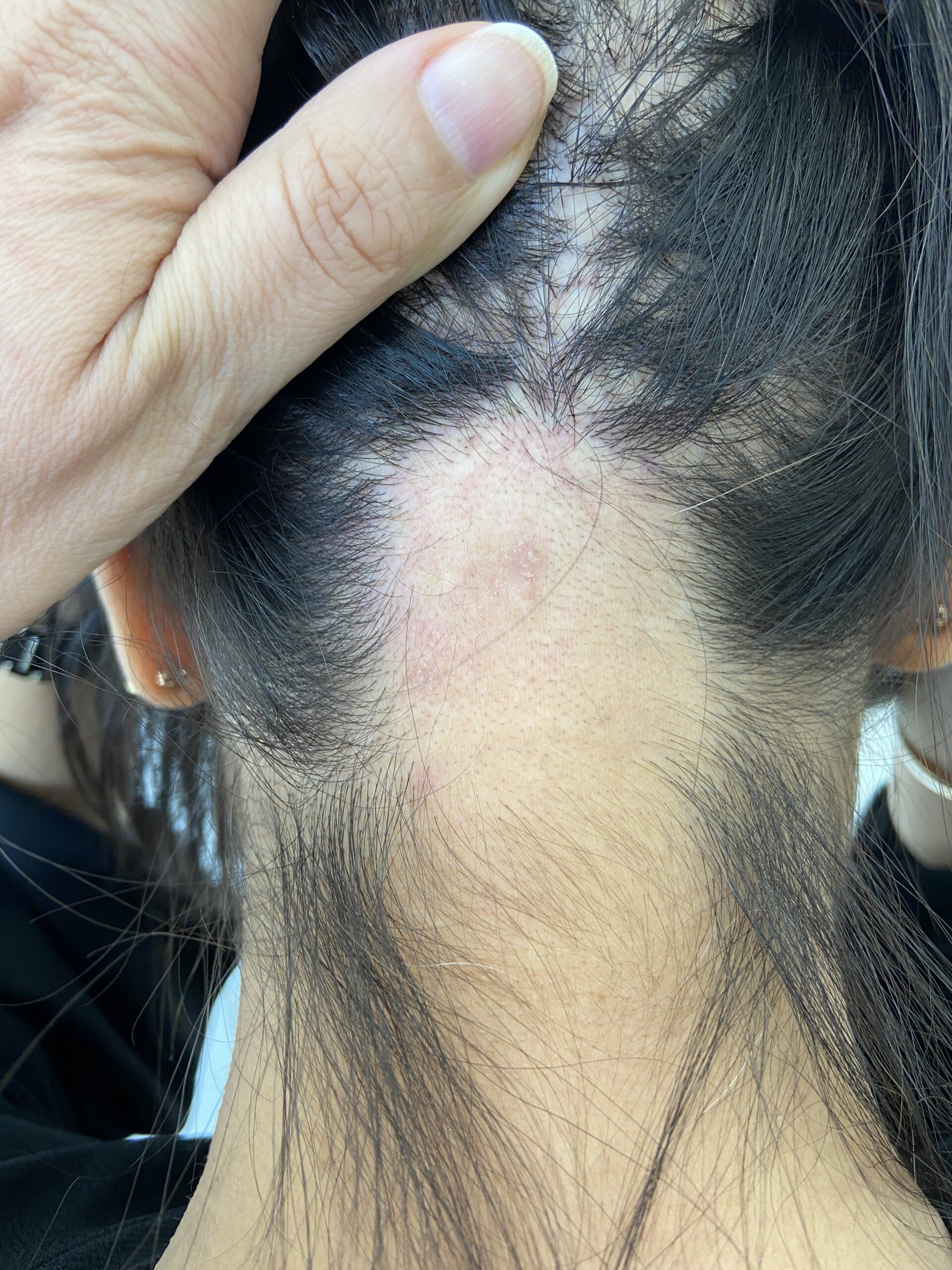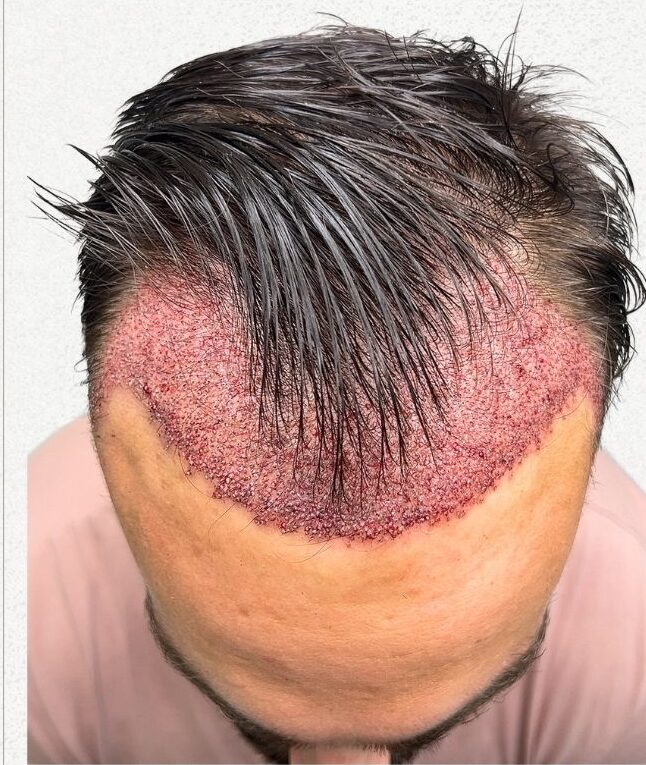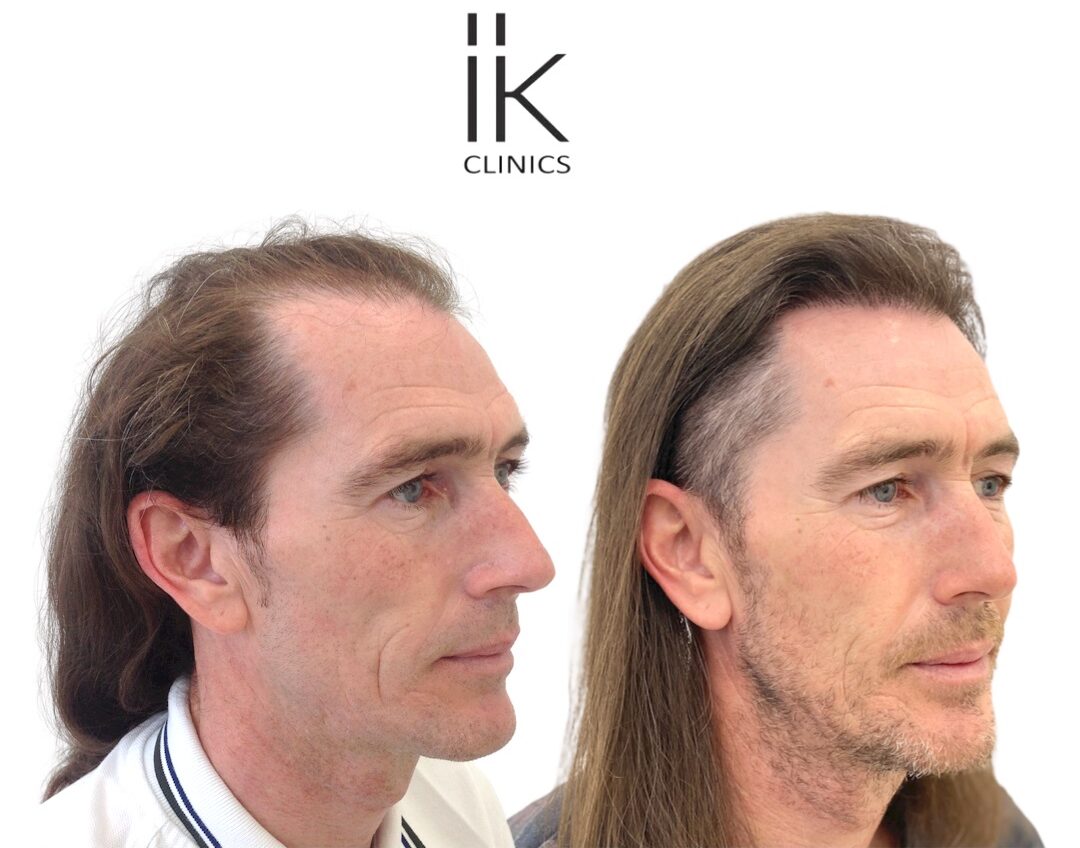The NHS has, for the first time, recommended a drug that could change lives – ritlecitinib, also known by its brand name, Litfulo.
The breakthrough has been hailed as a game-changer by medical experts and those affected by the condition, offering the possibility of hair regrowth and, more importantly, a chance to regain lost confidence.
A New Era of Treatment
Alopecia areata is a distressing condition caused by the immune system mistakenly attacking hair follicles at the root. This results in significant hair loss, often in patches, and in more severe cases, total loss of scalp or body hair.
While not physically harmful, the psychological and emotional toll can be immense. The NHS’s recommendation of Litfulo now provides a glimmer of hope to those who have long struggled to find an effective treatment.
Dr Megan Samuel, a leading skin specialist, has called the drug “very promising” and a vital step forward for those living with alopecia. “This treatment helps hair grow back and works by preventing the immune system from attacking the hair follicles,” she explained.
“Some people suffer for the rest of their lives with this condition. This could be something that may help people get the cure they have been waiting for.”
Previously, treatment options for severe alopecia were limited, with patients often resorting to corticosteroids, immunosuppressants, or even wigs and scalp micropigmentation to cope with hair loss.
However, the approval of Litfulo marks a pivotal shift in medical intervention for the condition.
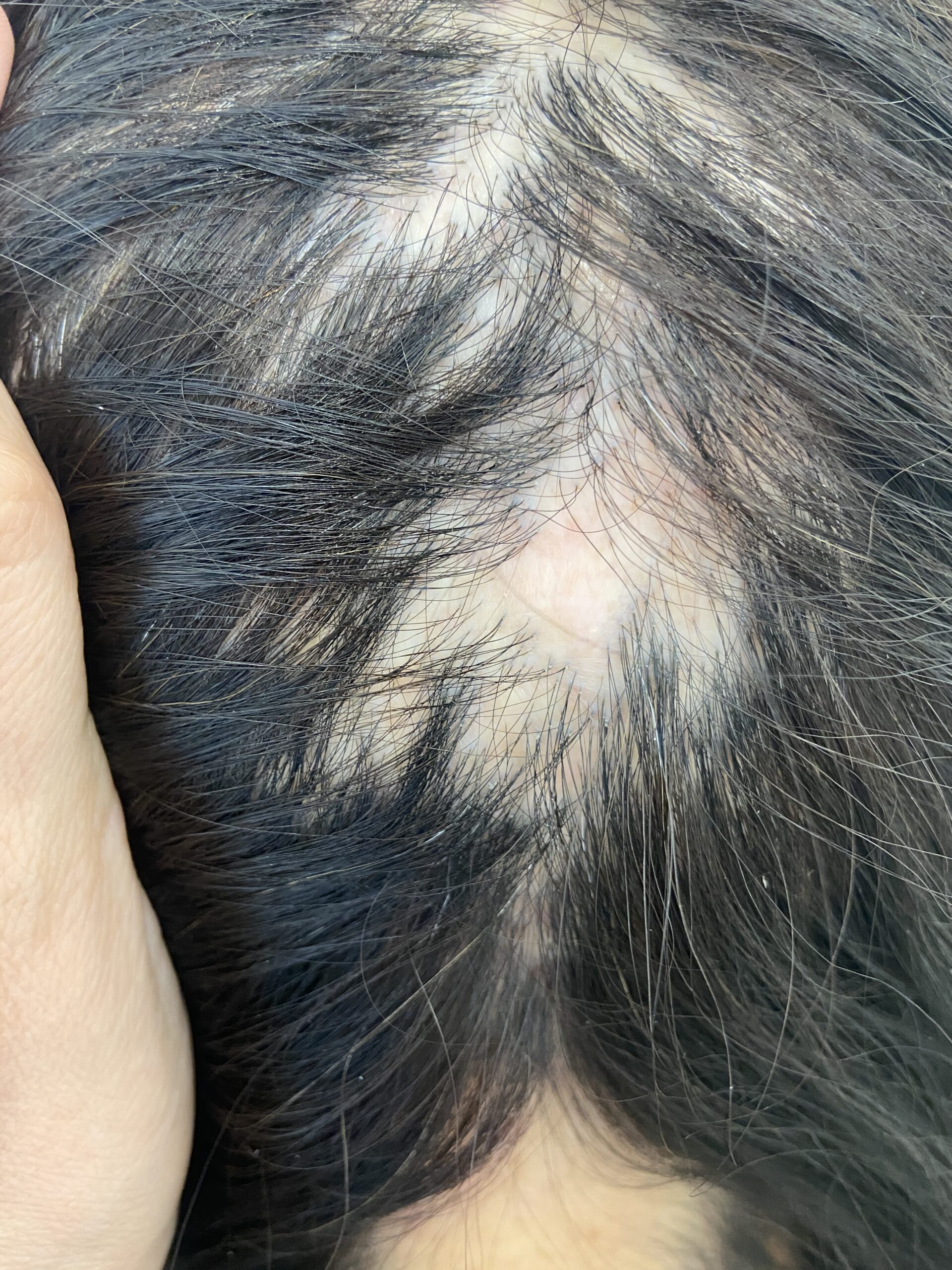
A Life-Changing Development
For many, alopecia is more than just a medical diagnosis – it is a condition that deeply affects daily life, self-esteem, and social interactions. The psychological effects can be profound, with many sufferers experiencing anxiety, depression, or a reluctance to participate in social settings.
For individuals such as Sarah Carter, a 28-year-old from Manchester who has battled alopecia for over a decade, the news of Litfulo’s availability is monumental.
“I lost my hair when I was 16, and it was devastating,” Sarah shared. “I tried everything – creams, steroid injections, but nothing really worked. I even avoided mirrors for years because I couldn’t bear to see my reflection. Knowing that there is now a treatment that can stop my body from rejecting my hair gives me so much hope.”
Sarah’s experience echoes that of many across the country, highlighting just how impactful alopecia can be. With the NHS making this treatment available to patients aged 12 and over, younger individuals facing the condition during formative years may find relief much earlier than previous generations.
How Does Litfulo Work?
Ritlecitinib belongs to a class of drugs known as JAK inhibitors, which target the immune system’s inflammatory response.
Essentially, it prevents the body from misfiring and attacking hair follicles, allowing natural hair growth to resume. Clinical trials have shown promising results, with some patients experiencing substantial regrowth within six months.
However, while the drug offers significant hope, it is not without limitations. As with many medical treatments, responses vary from patient to patient. Some may see full regrowth, while others may experience only partial improvement.
Additionally, long-term effects are still under observation, and medical professionals advise patients to maintain realistic expectations while considering treatment.
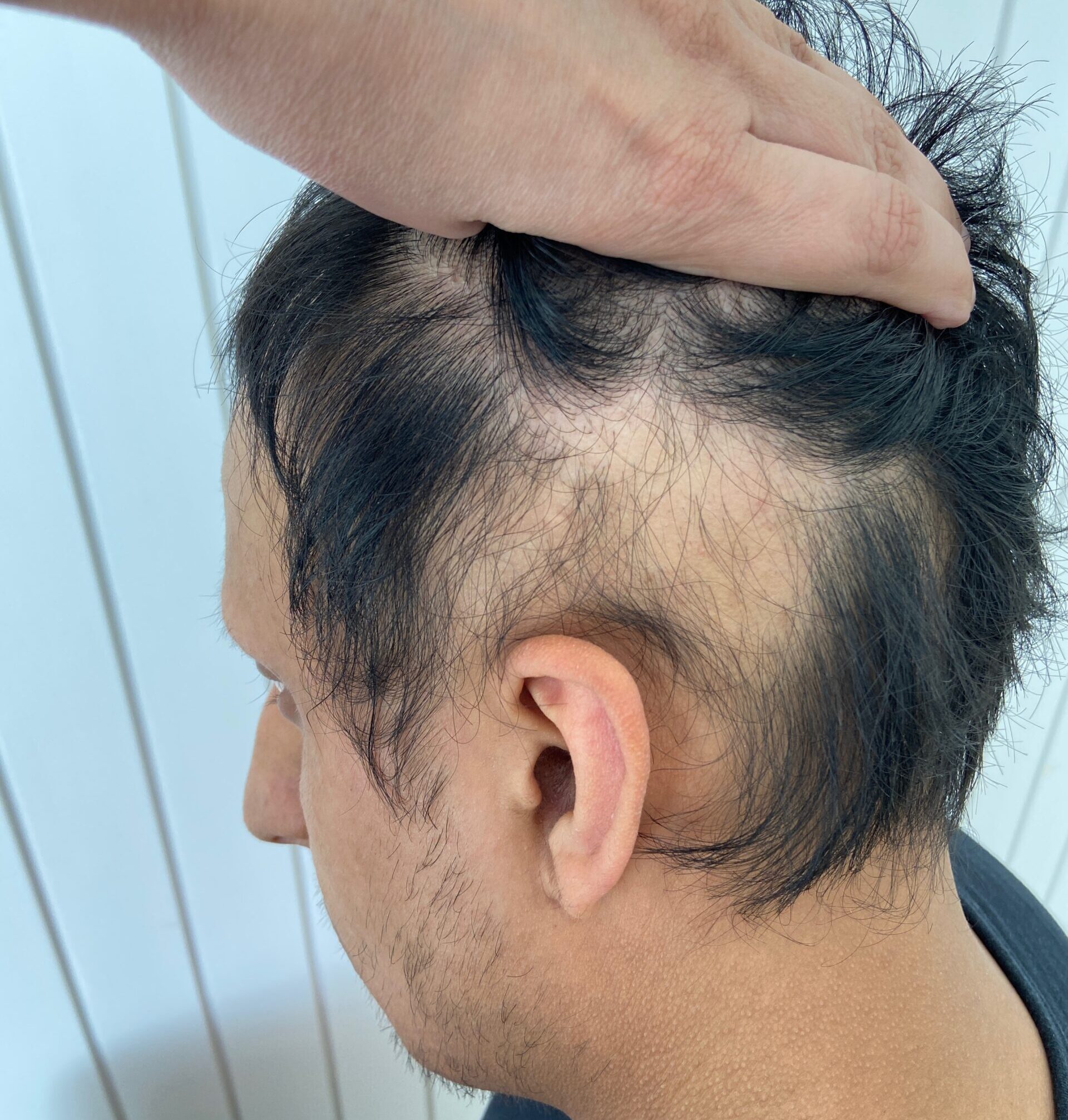
A Step Towards Confidence and Social Reconnection
Beyond the science, the impact of Litfulo is expected to extend into the realm of mental health and social well-being.
Many alopecia sufferers often hide away from social interactions, reluctant to engage with friends or family due to the stigma attached to visible hair loss. This is particularly true for teenagers and young adults, for whom appearance and self-image are crucial aspects of personal development.
The availability of an effective treatment could help break down these barriers. Experts suggest that patients who experience hair regrowth may find it easier to regain lost confidence and reconnect with the world around them.
“Having hair again isn’t just about aesthetics,” says Dr Samuel. “It’s about giving people back a sense of normality, of feeling like themselves again.”
A Future Full of Possibilities
While there is no definitive cure for alopecia areata, Litfulo represents an incredible stride forward in managing the condition. The NHS’s endorsement of the drug underscores the growing recognition of alopecia as more than just a cosmetic issue – it is a medical condition deserving of serious treatment and research.
For those who have spent years searching for answers, the introduction of this new treatment is a beacon of hope. It offers the potential to reclaim self-assurance, form new relationships, and, ultimately, live without the constant worry of hair loss dictating daily life.
As research continues and medical advancements push boundaries, the future for alopecia patients looks brighter than ever. And for the thousands awaiting their own transformation, the wait may finally be over.
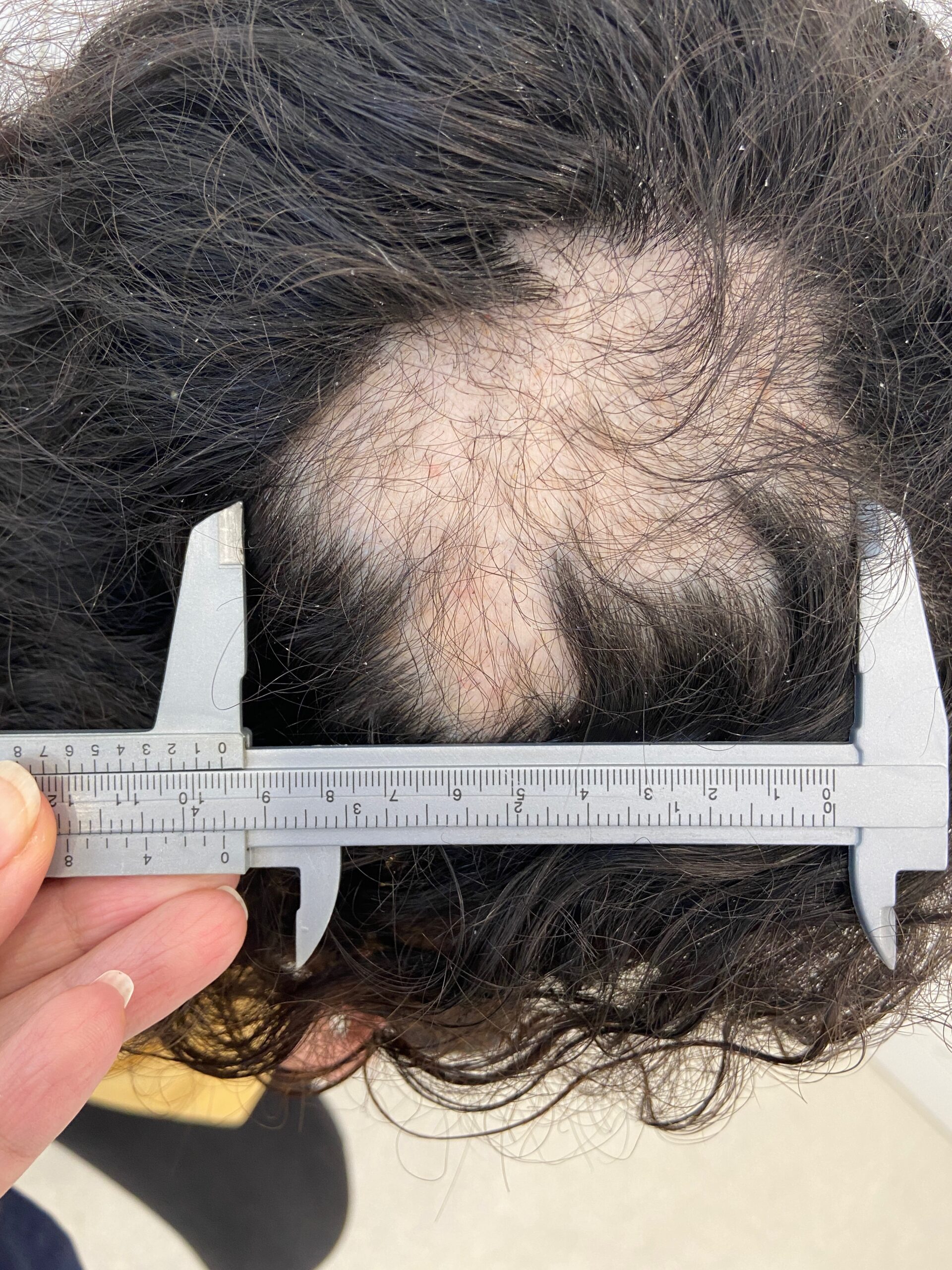
About IK Clinics
At IK Clinics, we are proud to stay at the forefront of global hair restoration trends, offering a variety of advanced techniques to meet the diverse needs of our clients. From FUE, PRP to Stem Cell Therapy, we ensure that every client’s treatment is tailored to their personal goals, helping them regain not just their hair but also their confidence.
Interestingly, we don’t just stop at hair restoration treatments, our highly skilled team also offers a range of anti-aging treatments.
